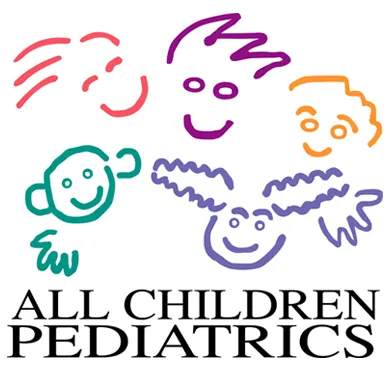Vaccines for Teens
- posted: Dec. 18, 2017
by Dr. Kathleen Maurer
Not too many years ago, children got most of their shots before they started kindergarten, and older children only needed an occasional tetanus booster . Things have changed over the past decade, and several important vaccines are now recommended for 11-18 year olds. Your pre-teen or teen-ager may be less than enthusiastic about getting vaccines when they come if for a sports physical or yearly exam, but it may help if they are prepared and understand the benefits of being protected from some very serious diseases.
1. Hepatitis A - This vaccine protects against a virus that affects the liver and can easily be transmitted person to person. There have also been a number of outbreaks through contaminated food or food handlers. International travel is also a risk factor, but with a more global society, community outbreaks have become more common. About 10-11 years ago, we began routinely giving Hepatitis A vaccine at 15 months and 2 years of age, so most of our younger patients have already had this vaccine, but many over 12 have not had this. Beginning in 2018, Kentucky Schools are requiring this vaccine for all students, so those who have not had it will need to get it. Students will need to have 2 doses of Hepatitis A vaccine at least 6 months apart. If your child has not had both doses of Hepatitis A vaccine, please call our office to schedule an appointment.
2. Pertussis (whooping cough) - Although this vaccine is included in the routine baby shots and preschool boosters, immunity tends to wane over time, and community outbreaks have become common. Older children and adults with pertussis may only have a very persistent and annoying cough, but this disease can be very dangerous and even fatal for vulnerable newborns and babies who are too young to be fully vaccinated. Beginning about 6 years ago, the Center for
Disease Control (CDC) and American Academy of Pediatrics (AAP) recommend all 11 year olds receive a dose of pertussis vaccine which is combined with tetanus vaccine (Tdap). This is now required for all Kentucky School children. (also recommended for all women during pregnancy, close contacts of all newborns and infants, childcare workers, and healthcare providers)
3. Meningitis A vaccine (meningitis A, C, W, Y) -This vaccine protects against several strains of bacteria that can infect the blood, brain and spinal cord and cause serious and life threatening illness. It is most common in teens and young adults, and can spread quickly. The scary thing about this devastating and potentially deadly infection is that it can infect otherwise healthy young people, and its onset tends to be very rapid. A dose of Meningitis A vaccine is required at age 11, with a booster dose at age 16. (Certain high-risk patients may need to get this vaccine before age 11)
4. Meningitis B vaccine - This vaccine protects against a serogroup of the meningitis bacteria that is not included in the required Meningitis A vaccine. Within the past 5 years, multiple college campuses have experienced outbreaks of Meningitis B. The symptoms are identical to the other strains of meningitis, causing serious illness or deaths. Two doses of this vaccine are recommended for 16-18 year olds, and especially encouraged for those who will be heading to college.
5. HPV - Human Papilloma Virus is very prevalent in the population in general and is the cause of almost all cases of cervical cancer in women and some genital and head and neck cancers in men, as well as genital warts. Although its primary means of transmission is through sexual contact, it is not only careless people who contract this infection. Most people have no symptoms at all from this virus and it eventually clears on its own, but some cases will persist and lead to cancers. The first HPV vaccine, which covered for the most common cancer-causing strains, was approved in 2006. The current Gardasil 9, which has expanded protection against more strains of the virus, was approved in 2014. HPV vaccine is recommended for both boys and girls, ages 11 and up (approved down to age 9) Those who receive the first dose of vaccine prior to their 15th birthday only need 2 doses, 6 months apart, while those 15 and older will need 3 doses.
This website includes materials that are protected by copyright, or other proprietary rights. Transmission or reproduction of protected items beyond that allowed by fair use, as defined in the copyright laws, requires the written permission of the copyright owners.
Contact Us
DO NOT SUBMIT MEDICAL QUESTIONS-PLEASE CALL (502) 244-6373
Hours of Operation
Our Regular Schedule
7:30 am - 6:00 pm
7:30 am - 6:00 pm
7:30 am - 6:00 pm
7:30 am - 6:00 pm
7:30 am - 5:00 pm
8:30 am - 12:00 pm
Closed
Our Location
All Children Pediatrics
400 Blankenbaker Parkway Suite 200
Louisville, KY 40243
(502) 244-9860
